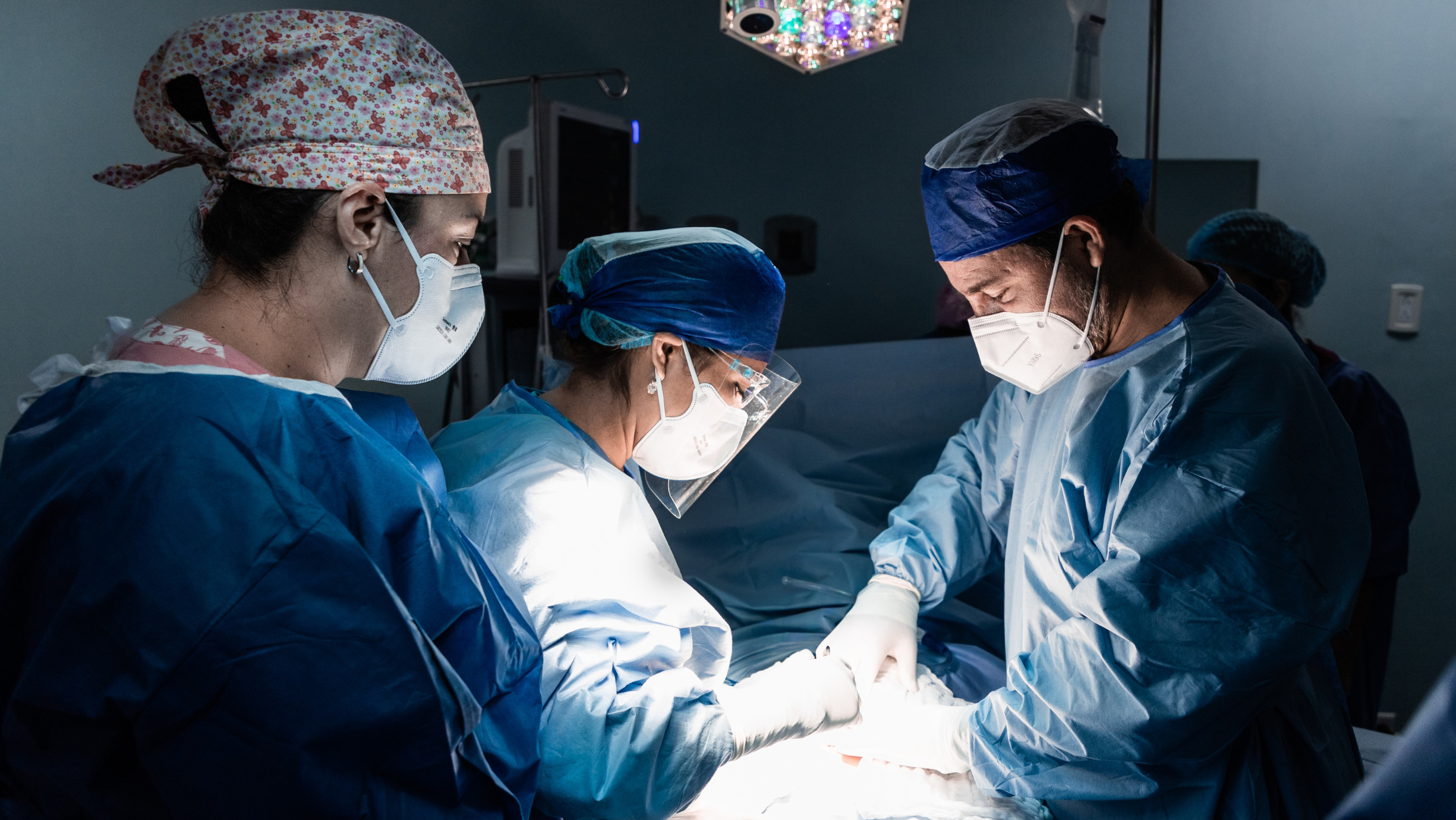Gastric bypass is a surgical procedure that helps people loose weight by making changes to their digestive system. During the surgery, the stomach is divided into a smaller upper pouch and a larger lower pouch. The small intestine is then rearranged to connect both pouches. This reduces the amount of food you can eat and limits the absorption of calories and nutrients. As a result, you feel full sooner and absorb fewer calories from the food you eat. Gastric bypass can help people achieve significant weight loss and improve certain obesity-related health conditions. However, it is important to discuss the procedure with your healthcare provider to understand the potential risks and benefits.
Gastric bypass surgery can lead to significant weight loss for individuals who undergo the procedure. On average, patients can expect to lose about 60-70% of their excess body weight within the first year following the surgery. However, the actual weight loss can vary depending on various factors such as the individual’s starting weight, adherence to post-surgery guidelines, and commitment to adopting healthy lifestyle habits. It’s important to note that gastric bypass is not a quick fix and requires long-term commitment to dietary and lifestyle changes to achieve and maintain weight loss goals.
Gastric bypass surgery offers several health benefits for individuals who struggle with obesity and related health conditions. Some of the potential health benefits of gastric bypass include:
– Significant weight loss: Gastric bypass can lead to substantial and sustained weight loss, which can improve overall health and reduce the risk of obesity-related conditions.
– Resolution of obesity-related conditions: Many individuals experience improvement or resolution of obesity-related health conditions such as type 2 diabetes, high blood pressure, sleep apnea, and joint pain.
– Reduced risk of cardiovascular disease: Weight loss resulting from gastric bypass can lower the risk of heart disease, stroke, and other cardiovascular problems.
– Improved mobility and quality of life: Losing excess weight can enhance mobility, increase energy levels, and improve overall quality of life.
– Enhanced mental well-being: Many individuals experience improved self-esteem, body image, and psychological well-being following successful weight loss.
Gastric bypass surgery, like any major surgical procedure, carries certain risks and complications. Some of the potential risks associated with gastric bypass include:
– Infection: There is a risk of developing an infection at the incision sites or in the abdominal area following surgery.
– Bleeding: Bleeding may occur during or after the surgery, and in rare cases, a blood transfusion may be necessary.
– Leakage: There is a small risk of leaks or perforations at the sites where the stomach and intestine are connected during the surgery.
– Blood clots: Blood clots can form in the legs (deep vein thrombosis) or travel to the lungs (pulmonary embolism), which can be life-threatening.
– Nutritional deficiencies: After gastric bypass, the body may have difficulty absorbing certain nutrients, leading to deficiencies in vitamins and minerals. This can be managed through proper supplementation and regular monitoring.
– Dumping syndrome: Some individuals may experience dumping syndrome, which is characterised by rapid gastric emptying and can cause symptoms such as nausea, vomiting, diarrhea, and dizziness after eating certain foods.
– Gallstones: Rapid weight loss can increase the risk of developing gallstones, which may require additional treatment.
– Long-term complications: There can be potential long-term complications such as ulcers, strictures (narrowing of the surgical connections), or hernias.
FIND A SPECIALIST
Find a specialist for your gut problem.
The Gut Clinic UK is a one of largest physician-led platform renowned for its exceptional Gut specialists in the United Kingdom. We take pride in our rigorous selection process for specialists, ensuring that only the most qualified and experienced professionals join our platform.
Our specialists actively engage with patients, providing them with clear explanations, answering their questions, and involving them in the decision-making process.

